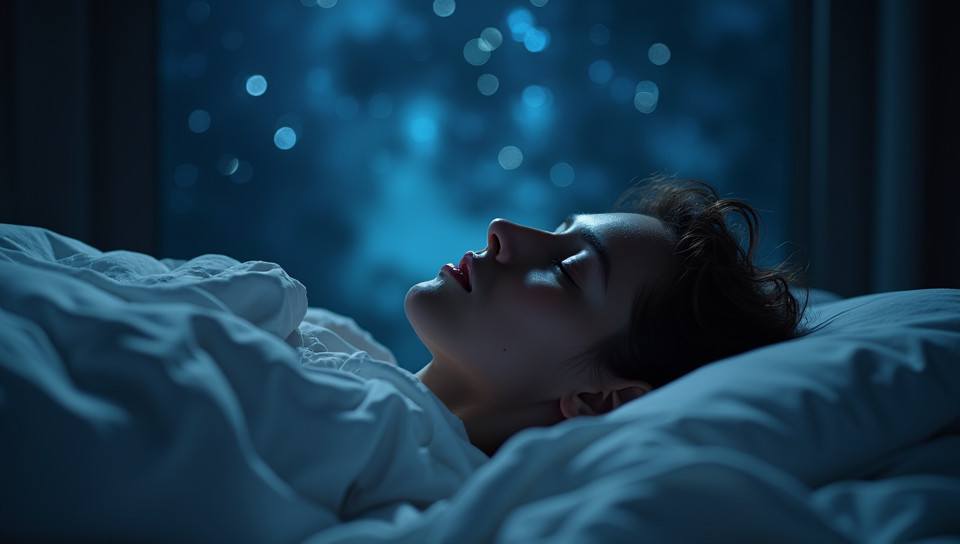Melatonin deficiency causes circadian rhythm disorders 63%

The Hidden Connection Between Melatonin Deficiency and Circadian Rhythm Disorders
Do you often find yourself struggling to fall asleep, despite feeling tired? Or perhaps you're experiencing symptoms of insomnia, daytime fatigue, or mood swings? If so, you may be wondering what's causing these issues. The answer lies in the intricate dance between our bodies' internal clocks and the hormone that regulates them: melatonin.
What is Melatonin?
Melatonin is a hormone produced by the pineal gland, a small endocrine gland located in the brain. It plays a crucial role in regulating our sleep-wake cycles, also known as our circadian rhythms. When we're exposed to darkness, our bodies produce more melatonin, helping us feel drowsy and relaxed. Conversely, when it's light outside, melatonin production decreases, making us feel more alert.
The Link Between Melatonin Deficiency and Circadian Rhythm Disorders
Research has shown that melatonin deficiency is a common underlying cause of circadian rhythm disorders. When our melatonin levels are off balance, it can disrupt the body's natural sleep-wake cycle, leading to a range of symptoms, including:
- Difficulty falling asleep or staying asleep
- Daytime fatigue and lethargy
- Insomnia and sleep deprivation
- Mood swings, anxiety, and depression
- Digestive issues, such as acid reflux and irritable bowel syndrome (IBS)
- Weight gain or loss
- Increased risk of chronic diseases, like diabetes and cardiovascular disease
What Causes Melatonin Deficiency?
Several factors can contribute to melatonin deficiency, including:
- Aging: As we age, our pineal gland's ability to produce melatonin decreases.
- Light exposure: Prolonged exposure to artificial light sources, such as smartphones and computers, can suppress melatonin production.
- Lifestyle choices: Irregular sleep schedules, working night shifts, or consuming heavy meals close to bedtime can disrupt melatonin levels.
- Medical conditions: Certain health conditions, like hypothyroidism, polycystic ovary syndrome (PCOS), and chronic fatigue syndrome, can lead to melatonin deficiency.
Taking Control of Your Melatonin Levels
Fortunately, there are steps you can take to regulate your melatonin production and improve your sleep quality. Try these tips:
- Establish a consistent sleep schedule
- Create a relaxing bedtime routine
- Avoid screens before bedtime
- Exercise regularly, but not before bed
- Eat a balanced diet rich in fruits, vegetables, and whole grains
Conclusion
Melatonin deficiency is a common underlying cause of circadian rhythm disorders. By understanding the link between these two conditions, you can take proactive steps to regulate your melatonin levels and improve your overall well-being. Remember, a healthy sleep-wake cycle is essential for physical and mental health, so don't wait – start making changes today!
- Created by: Elijah Gonzalez
- Created at: Oct. 13, 2024, 10:09 a.m.
- ID: 12347









